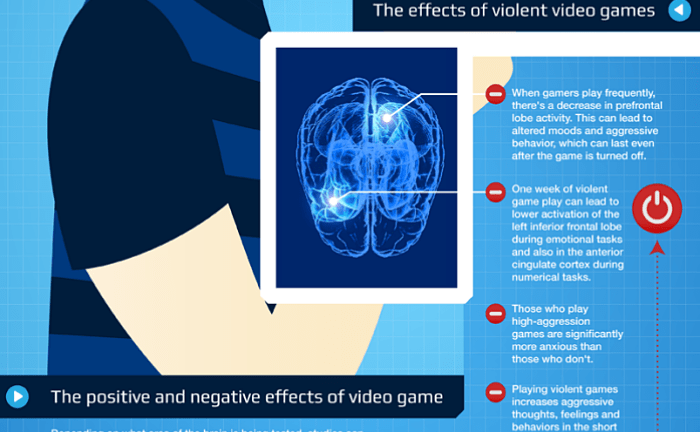
How do games affect the human brain?
How do games affect the human brain?
Playing games can have both positive and negative effects on the human brain, depending on the type of game, the frequency of play, and individual factors.
Positive Effects:
Improved cognitive abilities: Playing strategy or puzzle games can improve cognitive abilities such as attention, memory, and problem-solving skills.
Enhanced hand-eye coordination: Games that involve physical movement can improve hand-eye coordination and reaction time.
Reduced stress and anxiety: Playing games can be a relaxing and enjoyable activity that can reduce stress and anxiety levels.
Social connections: Multiplayer games can facilitate social connections and foster a sense of community.
Negative Effects:
Addiction: Some people can become addicted to playing games, leading to negative consequences in their personal and professional lives.
Increased aggression: Studies have shown that playing violent games can lead to increased aggression in some individuals.
Desensitization to violence: Repeated exposure to violent games can desensitize individuals to violence and make them less empathetic towards others.
Decreased academic performance: Excessive gaming can lead to decreased academic performance and neglect of other important responsibilities.
Overall, the effects of games on the human brain are complex and multifaceted. It is important for individuals to be mindful of the potential negative effects of excessive gaming and to balance their gameplay with other activities that promote overall health and well-being.

